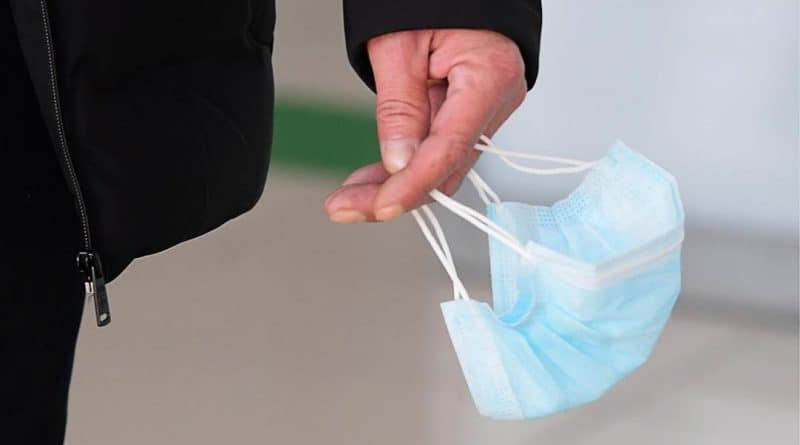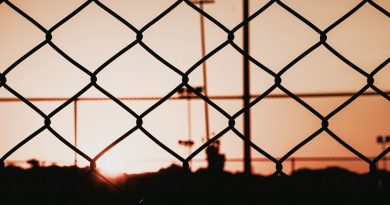HRW recommends Kazakhstan to reduce the number of prisoners
The international human rights organization Human Rights Watch (HRW) has criticized Central Asian authorities for violating human rights in the fight against the COVID-19 virus. According to the report published on the organization’s website, almost all Central Asian countries violate the right to access information about the spread of the virus, as well as introducing discriminatory restrictions.
As for Kazakhstan, according to HRW, the authorities are actively using existing laws to suppress freedom of expression among activists and journalists. As an example, a human rights organization cites the story of Baghdad Baktybaev, a civil activist from Zhambyl region, who was sent to jail for 10 days just because he posted information on Facebook about the queues of citizens lining up to receive the $95 social benefits promised by the authorities to all victims of quarantine.
Another example was the situation with the journalists of the Commercial Television Channel, Beken Alirakhimov and Manas Sharipov. The police detained them in the hospital in Atyrau region. The journalists recorded interviews with doctors who wanted to tell the country about the inhuman conditions they had to work in.
HRW didn’t ignore the arrests of civil activist Alnuar Ilyashev and journalist, media manager Arman Shuraev, who were accused of disseminating knowingly false information.
Recall that human rights activists of Kazakhstan called Ilyashev a political prisoner, since the only thing he is guilty of is criticism of the current government and the Nur Otan party.
“In Kazakhstan, quarantine measures are arbitrary and disproportionate,” the HRW’s report says. “As of April 16, more than 5000 people were charged with administrative offenses for violation of the quarantine, 1626 of them were sentenced to imprisonment. The legality of these arrests is not always clear.”
An example of such arrests with unclear justification is the story of Aktobe resident Lyaili Islamova, who, being on self-isolation, wrote a comic post on social networks that she went out to drink coffee. For this joke, the court sentenced her to three days of arrest.
A resident of Chimkent went to jail for 35 days only because he showed live how he passes through a checkpoint on the city’s border.
“In two cities of Kazakhstan, officials locked residential buildings, where cases of COVID-19 were discovered. In at least one case, locks from front doors were removed after criticism from activists and Ombudsman. The media of Pavlodar region reported that at least 11 entrances were blocked, and the residents inside were dependent on volunteers who brought them food bought with private donations. In other cities, front doors or entire buildings were cordoned off in slightly less extreme ways, for example by placing police officers outside. News agencies reported that authorities didn’t explain the reasons for the measure or how long they would last. Such measures are neither proportional nor strictly necessary to prevent the spread of COVID-19, and, conversely, can increase the risk of infection among neighbors,” the report says.
According to Hugh Williamson, director of Human Rights Watch for Europe and Central Asia, the government of Kazakhstan should reduce the number of people in custody in order to prevent the outbreak of Covid-19, and not detain people for violating quarantine or curfew.
“It is unclear how people’s health is protected during detention. A human rights activist in Uralsk said that people, serving sentences for administrative offenses, are held in cells of 4-6 people without the possibility of social distance. The activist also said that there are no medical isolators in places of detention,” HRW makes a strong recommendation.




